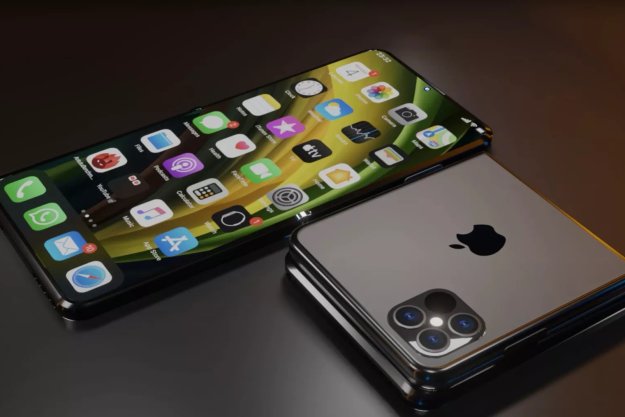 You may have read yesterday that Apple filed a lawsuit against Samsung alleging that the South Korean tech company copied the design of Apple’s popular iPhone and iPad. The suit, which specifically calls out Samsung’s Galaxy line of smartphones and tablets, reads: ““Rather than innovate and develop its own technology and a unique Samsung style for its smartphone products and computer tablets, Samsung chose to copy Apple’s technology, user interface and innovative style in these infringing products.”
You may have read yesterday that Apple filed a lawsuit against Samsung alleging that the South Korean tech company copied the design of Apple’s popular iPhone and iPad. The suit, which specifically calls out Samsung’s Galaxy line of smartphones and tablets, reads: ““Rather than innovate and develop its own technology and a unique Samsung style for its smartphone products and computer tablets, Samsung chose to copy Apple’s technology, user interface and innovative style in these infringing products.”
As expected, Samsung has taken an aggressive stance in its response to Apple’s claims. The company said today that it will meet Apple in court with a counter-suit of its own, AFP reports. “Samsung will respond actively to this legal action taken against us through appropriate legal measures to protect our intellectual property,” a company statement read.
The counter-allegation is based on the belief that Apple may have violated Samsung’s wireless technology patents, according to company officials speaking to South Korean news agency Yonhap. The big wrinkle here is that these two companies have a strong working relationship in other aspects of their respective businesses.
“Apple is one of our key buyers of semiconductors and display panels. However, we have no choice but respond strongly this time,” an unidentified Samsung rep was quoted as saying. The California-based tech company was Samsung’s second-biggest customer in 2010, after Sony, accounting for roughly four percent of the South Korean firm’s $142 million in revenues last year. There’s no indication yet as to how this move could affect other business dealings between the two, or if having to seek those parts from another source might impact the price or availability of affected Apple products.
Crazytown. Apple’s legal team must be working overtime these days, with several high-profile lawsuits filed by or against the company in the past year or so. Take a look at the evidence and let us know what you think: does Apple have a case to make here? Or is this simply another sign, like the suit against Amazon and its naming of “Appstore for Android,” of the company’s growing frustration over seeing its market dominance erode as others bring competing products to retail?
Editors' Recommendations
- 5 phones you should buy instead of the iPhone 15
- 5 phones you should buy instead of the iPhone 15 Pro Max
- How to try Samsung’s Galaxy AI on any iPhone or Android phone
- How to get a D-pad on your Apple TV Remote app
- Why I ditched my iPhone 15 Pro for the Samsung Galaxy S24 Ultra


